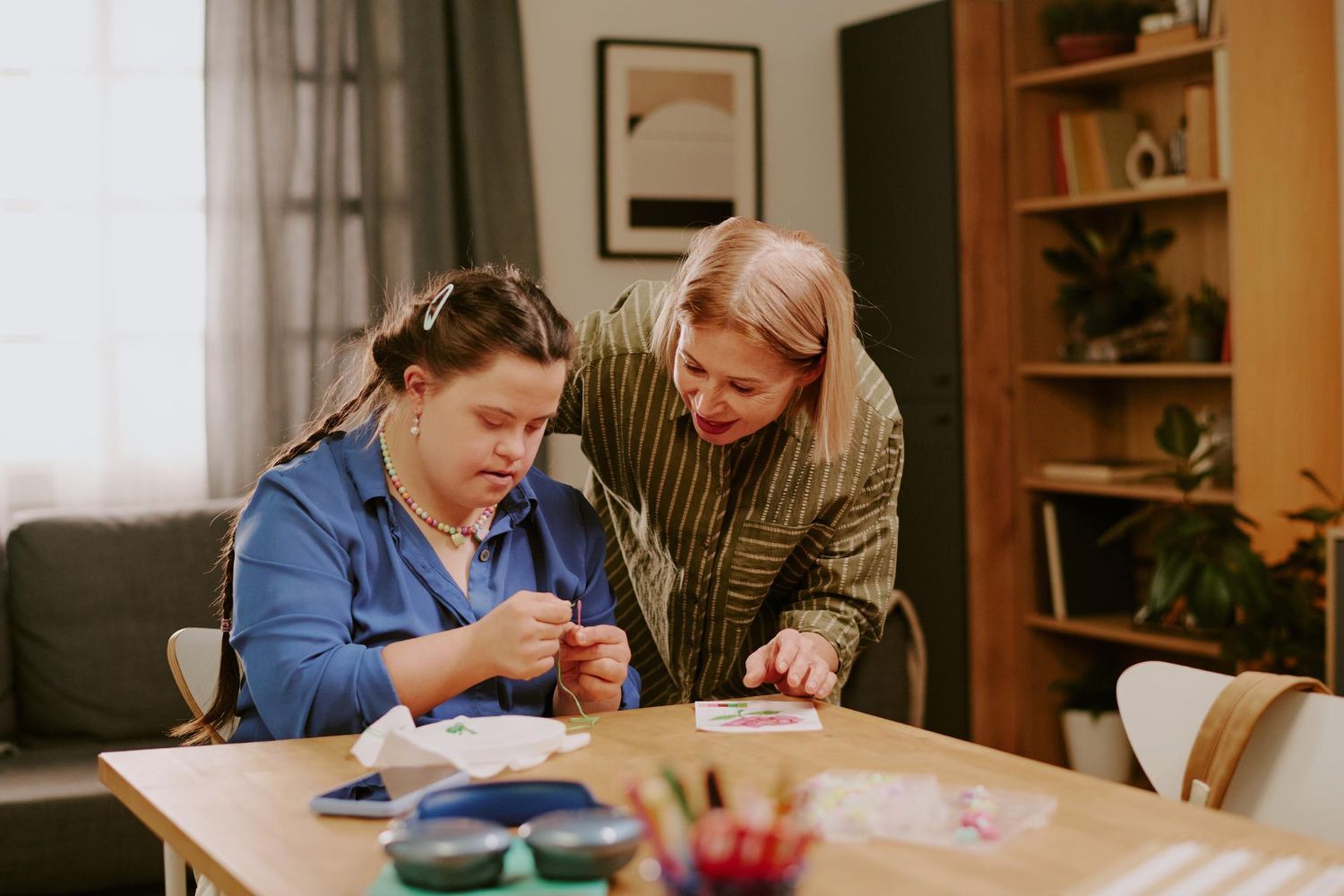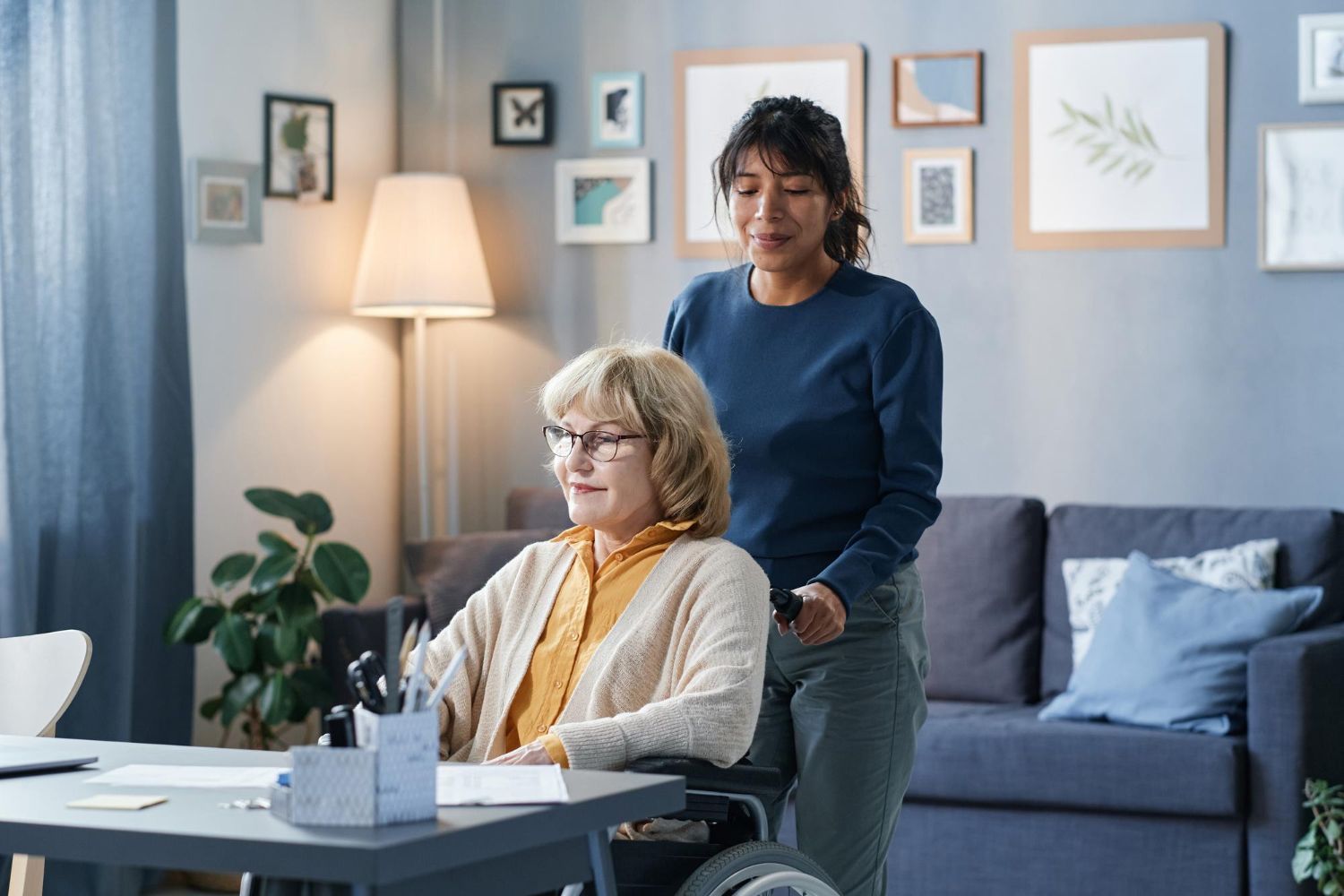July 21, 2025
Behind every person receiving aged care support, there is often a family member or informal caregiver playing an indispensable role. These carers—spouses, adult children, siblings, neighbours—quietly shoulder the emotional, physical, and logistical burdens of looking after loved ones. While their contributions are immense, they often go unnoticed and unsupported. At AIM Care, we recognise that delivering exceptional care to clients means also caring for the carers. By offering respite services, backup nursing, education, and emotional support, we help Queensland’s informal caregivers sustain their efforts without burning out. Supporting these everyday heroes isn’t just the right thing to do—it’s essential for the long-term wellbeing of both the carers and the people they support. The rising reliance on informal carers Australia’s aged care system relies heavily on the unpaid efforts of family caregivers. According to Carers Australia, there are more than 2.65 million unpaid carers in the country, with many providing upwards of 40 hours of support each week. In Queensland, this number continues to grow, especially in regional and rural areas where formal care options may be limited. These carers often juggle employment, parenting, and personal responsibilities alongside their caregiving duties. Over time, the emotional and physical toll can be significant, leading to stress, fatigue, depression, and even health issues. The risks of unsupported caregiving While caregiving can be deeply meaningful, doing it without support can have serious consequences: Emotional burnout Prolonged stress can lead to anxiety, depression, and resentment. Physical exhaustion Lifting, bathing, or assisting someone with mobility can strain the body. Social isolation Caregivers may withdraw from their social circles due to time constraints. Financial strain Many carers reduce work hours or leave employment altogether to meet caregiving responsibilities. At AIM Care, we work to relieve these pressures so carers can continue their important work without sacrificing their own wellbeing. How AIM Care supports informal carers Respite care services We offer both planned and emergency respite, giving carers time to rest, attend appointments, take a holiday, or simply recharge. Our trained professionals step in to deliver high-quality care during this time, ensuring continuity and peace of mind. Backup and in-home nursing support When care needs escalate, AIM Care provides skilled nurses to assist with medication management, wound care, and other clinical tasks. This allows informal carers to delegate complex responsibilities while still being involved. Flexible care plans We understand that every caregiving situation is unique. Our care plans are tailored not only to the client’s needs but also to the support requirements of the family. If a carer’s availability or health changes, our team can step in to adjust services quickly. Education and training We provide informal carers with guidance on how to safely assist with mobility, personal care, and basic medical tasks. Our team also educates carers on managing challenging behaviours, such as those associated with dementia, reducing the stress of difficult situations. Emotional support and communication AIM Care coordinators maintain open lines of communication with family carers, checking in regularly to see how they’re coping. We also connect carers to local counselling services or peer support groups when needed. A shared goal: quality care at home Most carers want their loved ones to remain at home, where they are comfortable and surrounded by familiar things. AIM Care shares this goal and offers professional support that complements the efforts of informal carers, not replaces them. By working together, we build a team around the client that balances expertise with deep emotional connection. Real-life example: Michelle and her mother, June Michelle, a Brisbane-based teacher, had been caring for her 78-year-old mother June, who has mobility challenges and early-stage dementia. Between work, school runs, and household duties, Michelle was exhausted. AIM Care stepped in with a weekly respite schedule and nursing support for medication and hygiene. Today, Michelle is thriving in her dual role as a daughter and carer—without being overwhelmed. Investing in carer wellbeing Supporting informal carers isn't just about filling in when needed—it’s about recognising them as vital partners in aged care. With the ageing population expected to rise significantly in coming decades, the role of family carers will only grow more important. Policymakers, providers, and communities must all work together to ensure these carers are seen, supported, and sustained. Conclusion At AIM Care, we believe that caring for the carers is one of the most important things we can do to strengthen the entire aged care system. By offering respite, education, clinical backup, and emotional support, we empower informal caregivers to continue providing loving, safe, and effective care at home—without compromising their own health and happiness. Because when we support carers, we support the future of compassionate, community-based aged care in Queensland.











